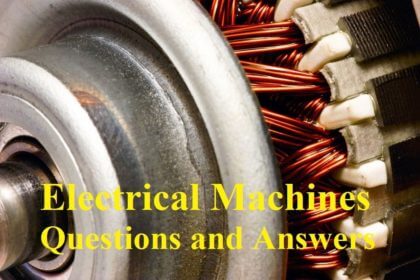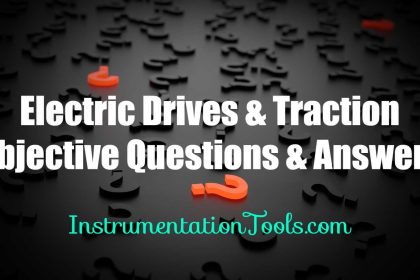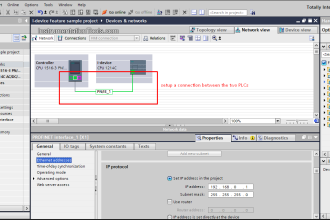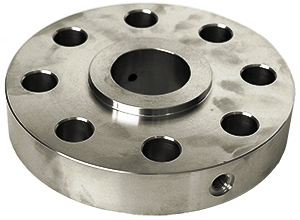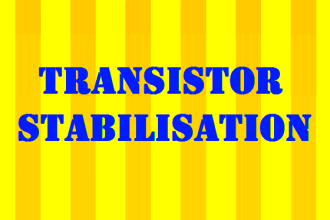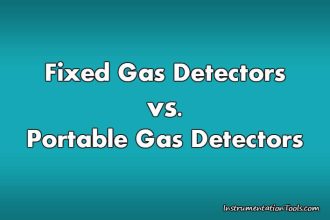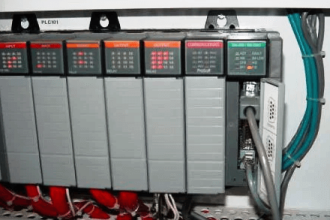Synchronous Generator Protection Interview Questions Answers
What are the common types of generator faults?
The common types of faults occurring in synchronous generators are:
Stator winding faults (phase to phase faults, phase to earth faults, inter turn faults), Rotor winding faults (conductor to earth faults, open circuit faults, inter turn faults), failure of prime mover, failure of the field, unbalanced loading, over loading, over-voltage at generator terminals, over-speed, ventilation failure, loss of excitation.
For what type of faults does differential protection is provided?
Differential protection responds to the phasor difference between two or more electrical quantities. It operates for the internal faults occur in generators or transformers. For external faults differential protection does not operate.
What is the disadvantage of ordinary differential protection?
When differential relaying is used for protection, the CTs at both sides of the generator winding must be of equal accuracy. Otherwise if the CT errors are excessive it will cause the mal-operation of the relay. To safeguard against such disadvantages percentage differential protection is employed.
What is advantage of using percentage differential relay protection?
Advantages:
- It does not require CTs with air gaps or special balancing features
- It permits a low fault setting to be used and this ensures maximum protection of the windings
- It ensures complete stability under the most severe through fault conditions
Explain Differential Protection?
Differential protection is generally provided for the equipment or group of equipments which are to be protected against internal faults. They are the primary protection systems (operates faster) for any internal faults occurring within the protection zone.
Under healthy conditions the currents at both ends of the windings will be equal. EMFs induced in the secondaries of the CTs will be equal and so no current flows through the operating coil of the relay. When an earth fault or phase to phase fault occurs the condition no longer holds good and the differential current flows through the relay operating coils makes the relay to operate. Relay operates for the faults occurring within the zone of protection.
Generator Protection Interview Questions Answers
Why Over Current Protection is not necessary for modern generators?
Over Current protection is not considered necessary for modern alternators because these are capable of withstanding a complete short circuit at their terminals for sufficient time without much over heating and damage.
What type of protection is provided for the generators against over heating of the generator stator?
Resistance temperature detector
Which type of relays are used for the Merz-Price protection system for alternator?
Merz-Price protection is differential protection provided for the alternator. The relays used in the Merz-Price protection system of alternator are instantaneous electro-magnetic type protection.
Why large alternator is grounded with large resistance?
Large capacity of alternators are typically provided with resistance grounding. High value of resistor is connected to the neural path to the ground. If the generator is delta connected, then it is grounded with the help of zig-zag transformer or (Delta-Star) transformer such that a high resistor is connected between the neutral point and the ground. Resistance grounding is provided so as to limit the short circuit current flowing during earth fault to stator winding in order to provide protection against mechanical stresses and melting of winding during Line to Ground short circuit. In large generators fault current is limited as low as 10 to 15 amperes during short circuit.
Why it is not necessary to provide protection for turn to turn fault in alternator?
The coils of the modern alternators are single turn and therefore it is not necessary to provide protection for turn to turn faults.
Why it is necessary to suppress field immediately after disconnection of faulty alternator from the system?
In the event of fault on the generator windings even though the generator circuit breaker is tripped, the fault is continuous to fed as long as the excitation will exist because the emf is induced in the generator. Hence it is necessary to suppress the field immediately after disconnecting the faulty generator from the system.
Why it not necessary to provide over-voltage protection in turbo-alternator?
The over voltage occurs when the prime mover speed increases due to sudden loss of the load on the generator and the speed control governors in case of turbo-generators are very sensitive to the speed variations and therefore generator over voltage of significant duration or magnitude does not generally occur. This is the reason why generators are not provided with over voltage protection.



